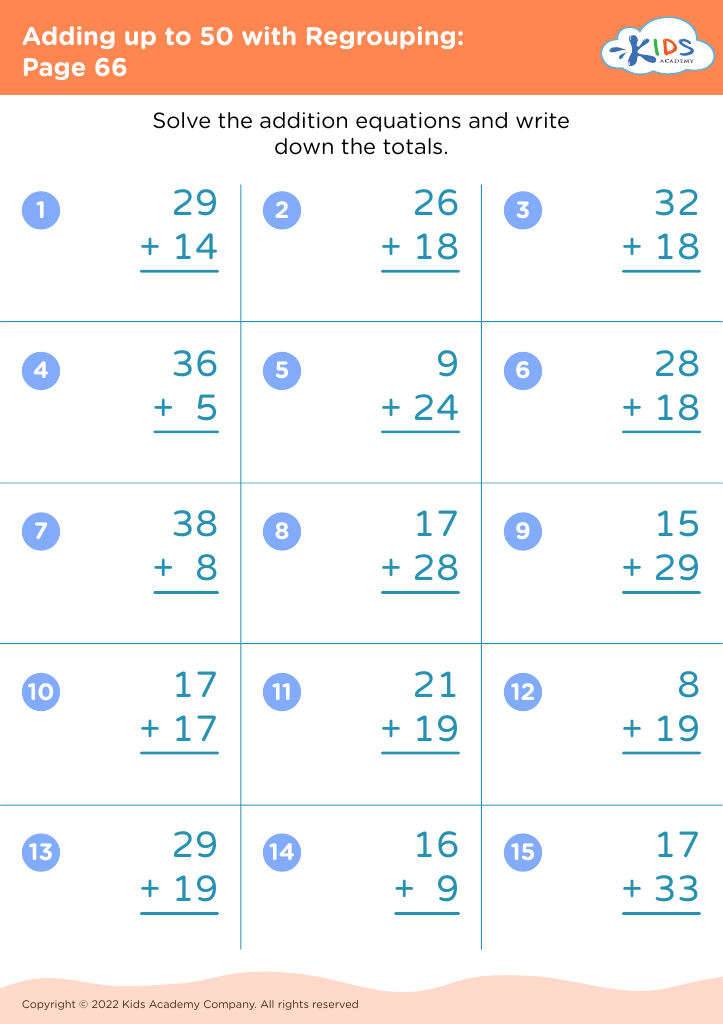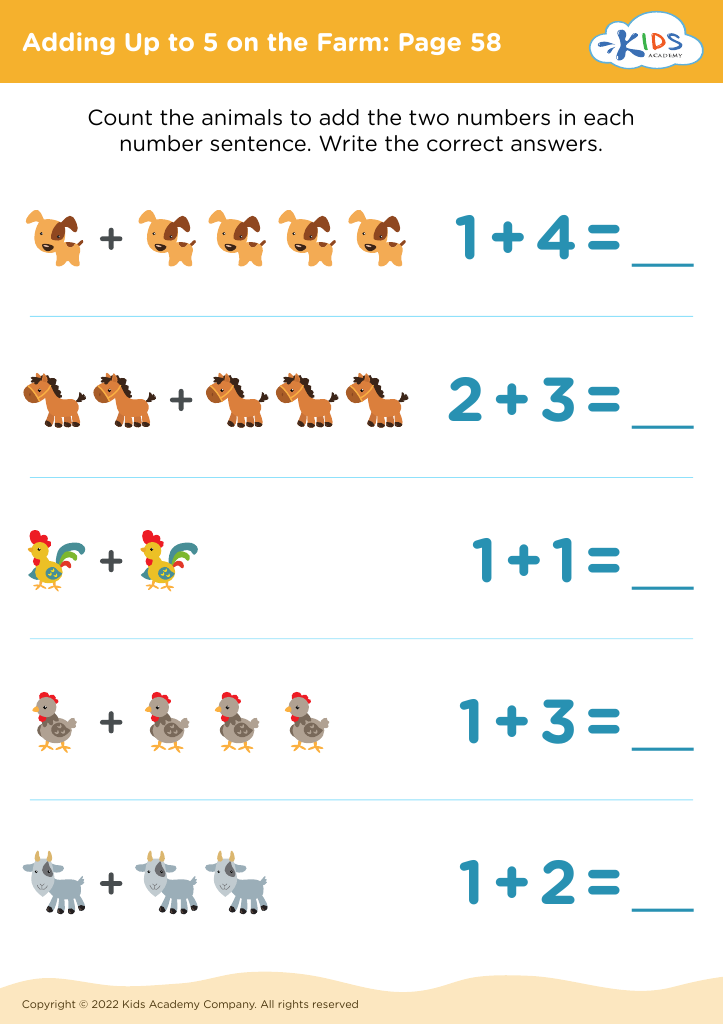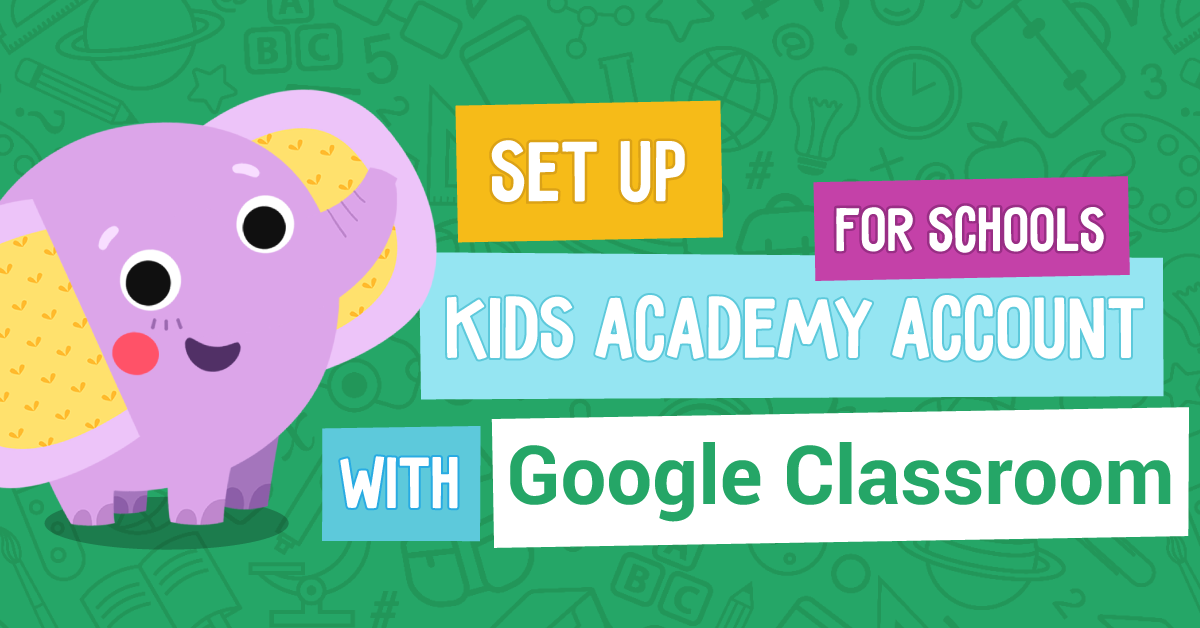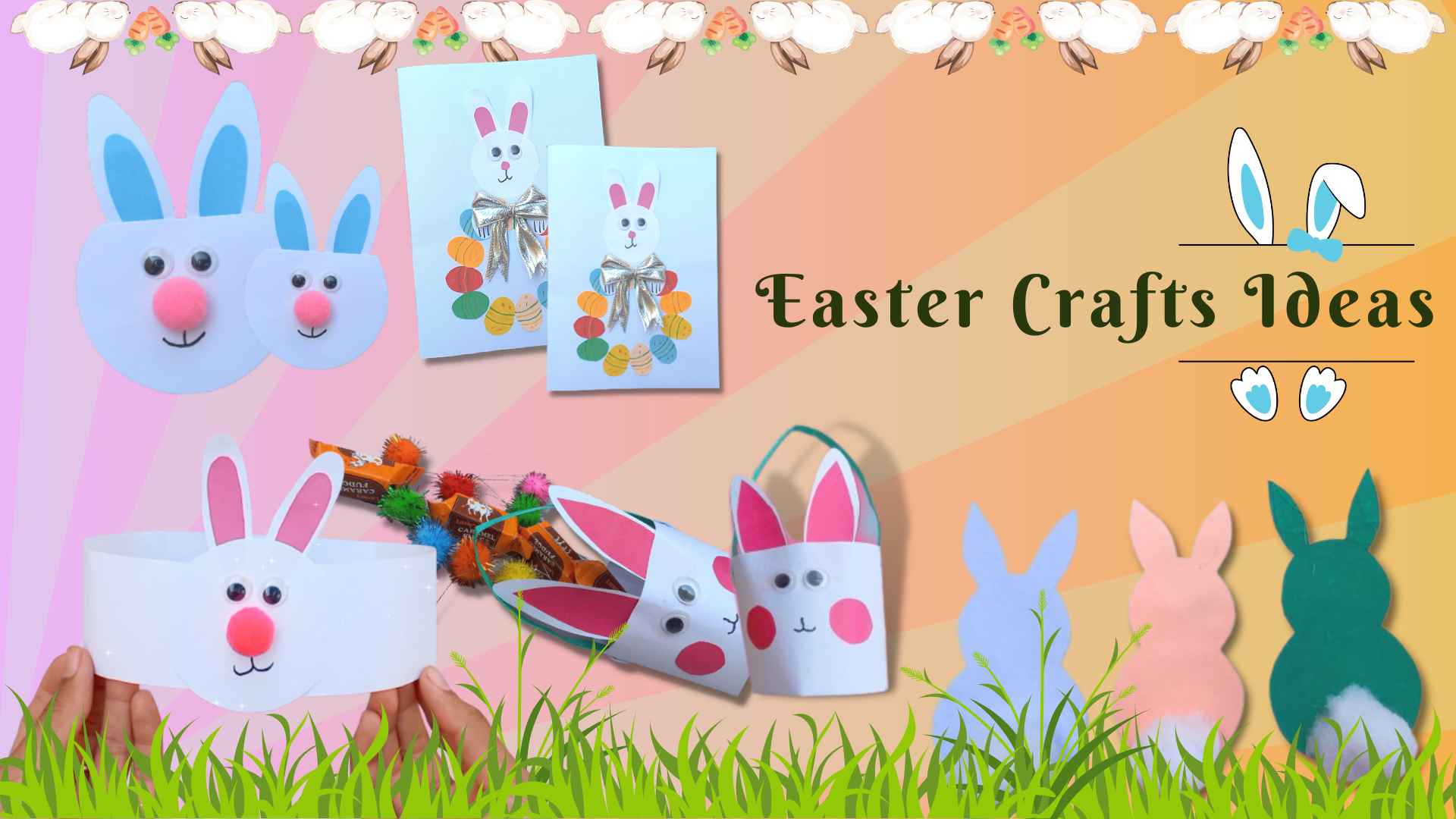Observation skills Worksheets for Ages 5-7
11 filtered results
-
From - To
Enhance your child's observational abilities with our engaging Observation Skills Worksheets designed for ages 5-7. Perfect for young learners, these worksheets encourage critical thinking and attention to detail, helping children develop essential skills in a fun and interactive way. From spotting differences to completing simple visual puzzles, our activities promote focus and enhance cognitive development. Each worksheet is visually appealing and tailored to keep children motivated while mastering observation skills. Dive into our collection today and empower your child with the tools to explore the world around them more keenly, laying a strong foundation for lifelong learning!
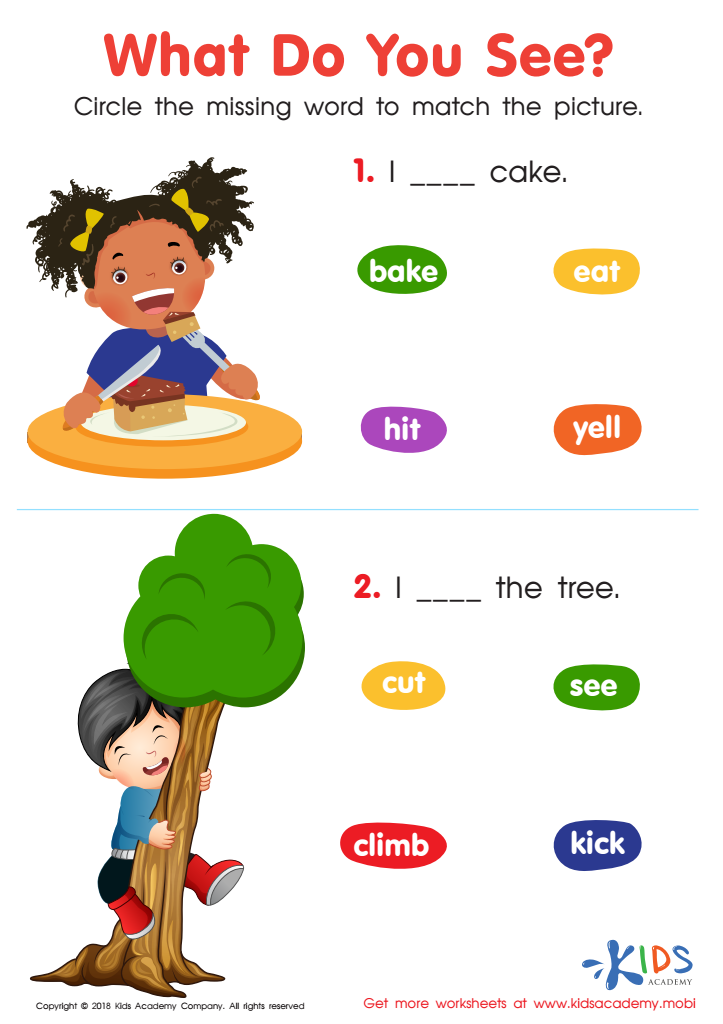

What Do You See? Reading Worksheet


Matter: Assessment 1 Worksheet
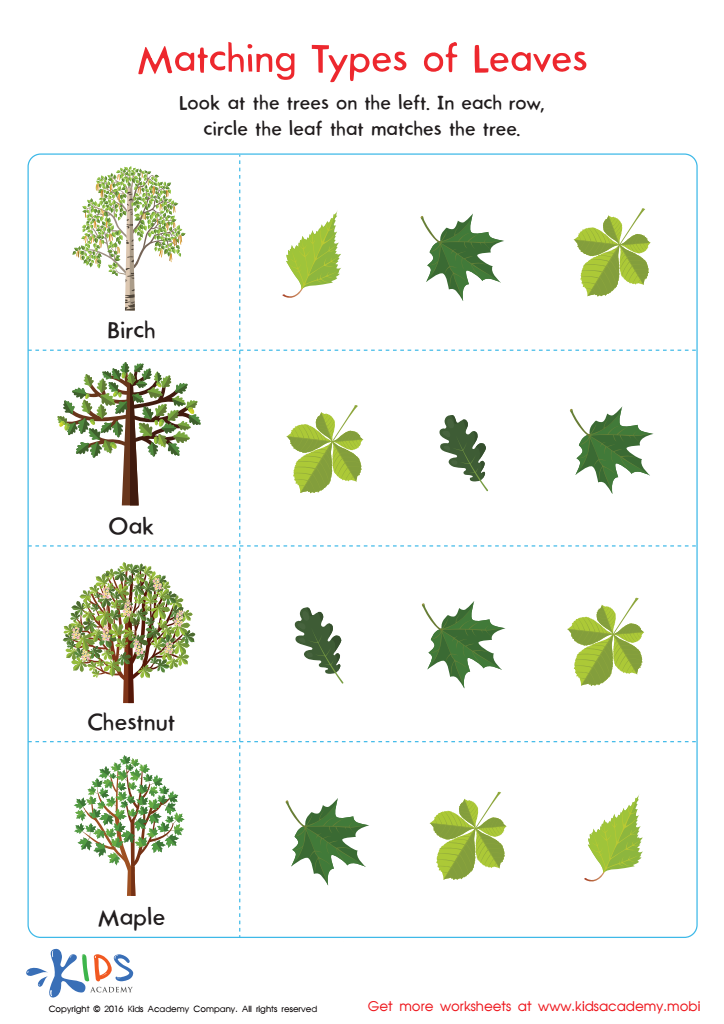

Matching Types of Leaves Printable


The 5 Sense Scientist Worksheet
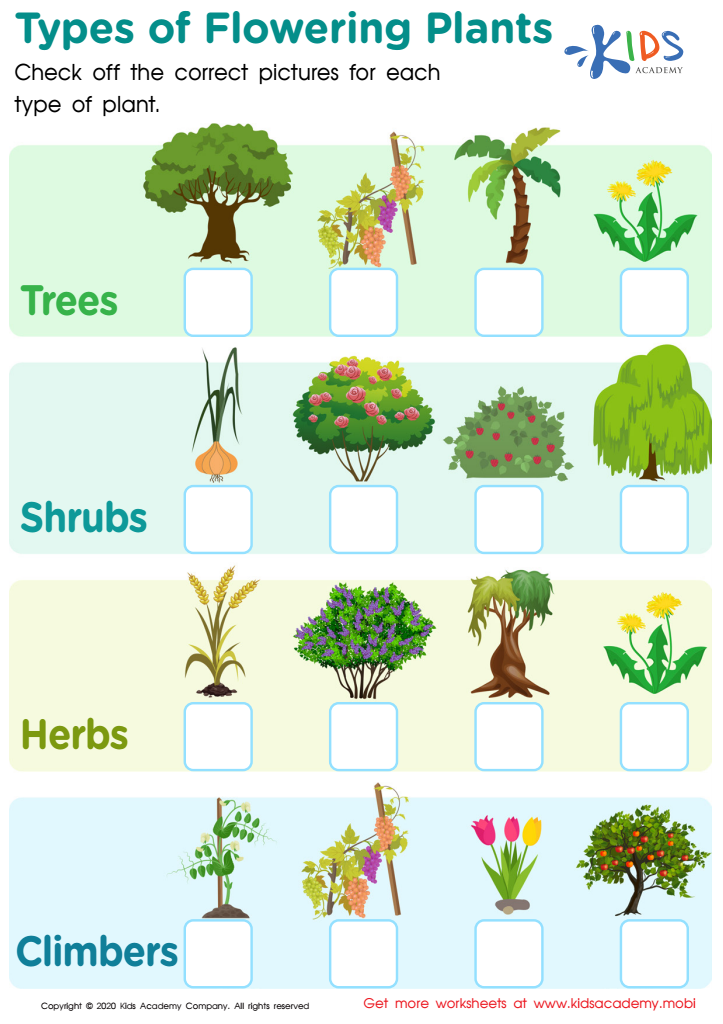

Types of Flowering Plants Worksheet
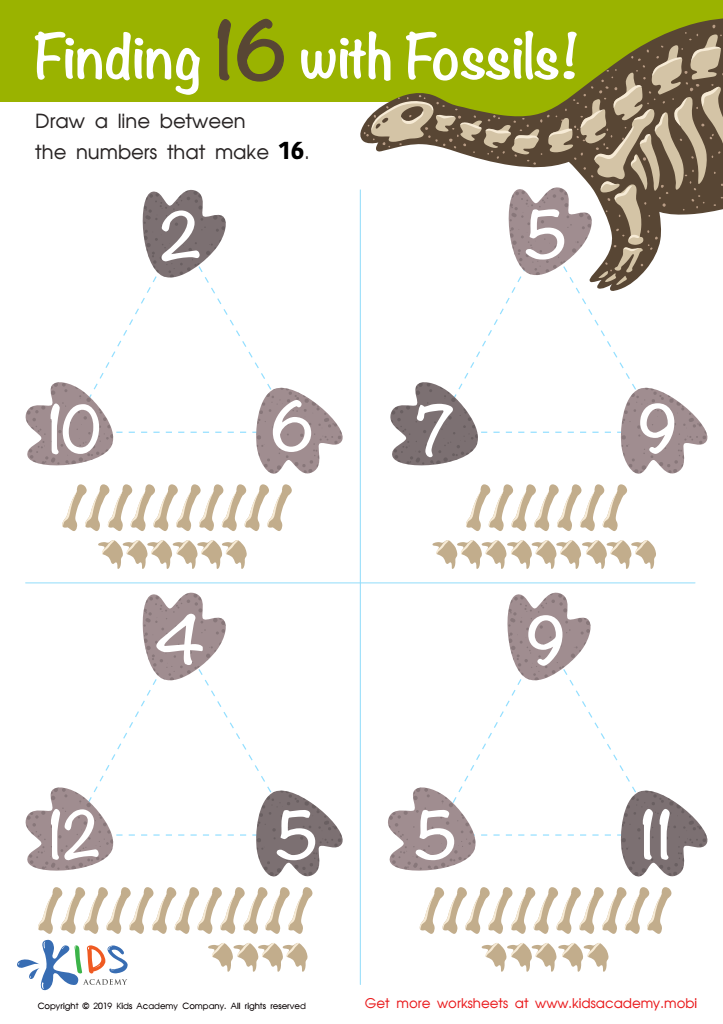

Finding 16 With Fossils Worksheet
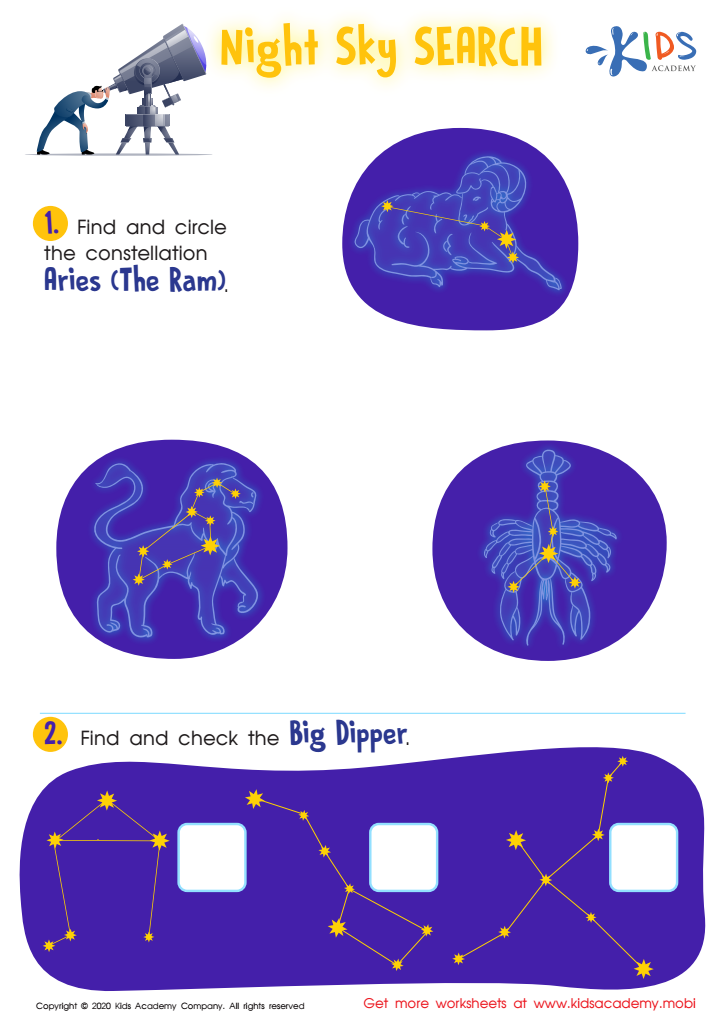

Night Sky Search Worksheet
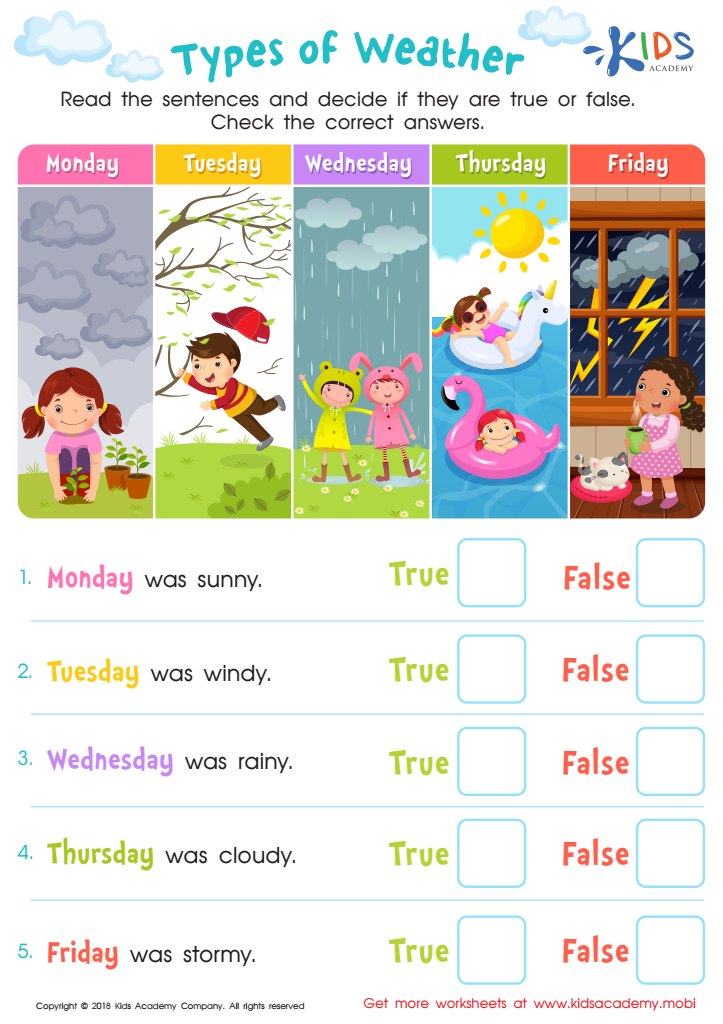

Types of Weather Worksheet
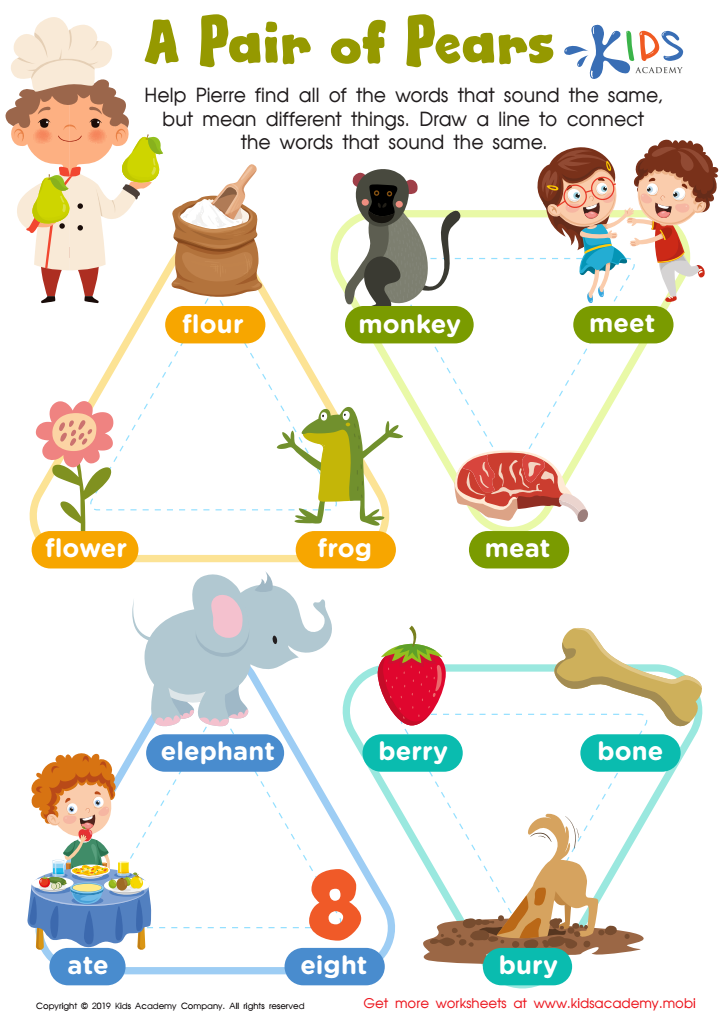

Pair Pears Worksheet
Observation skills are crucial for children aged 5-7 as they form the foundation for their learning and development. During these formative years, children are naturally curious and explore their environment, making keen observation essential for understanding the world around them. Parents and teachers should care about nurturing these skills because observation enables children to develop critical thinking, problem-solving abilities, and emotional intelligence.
When children engage in observation, they learn to notice details and patterns, which enhances their cognitive development. For instance, identifying colors, shapes, or changes in their surroundings fosters a deeper connection to their learning. Likewise, developing observation skills helps children improve their listening and communication abilities, as they become more attuned to the nuances of social interactions.
Understanding others’ emotions and intentions, a fundamental aspect of social skills, is enhanced through observation. By regularly practicing these skills, children grow into more empathetic individuals, better equipped to engage with their peers.
Moreover, observation is a cornerstone of scientific inquiry. At this age, nurturing curiosity through observation encourages an enduring love for learning and exploration that can set the stage for future academic success. Thus, supporting the development of observation skills is vital for holistic growth in young learners.
 Assign to My Students
Assign to My Students


